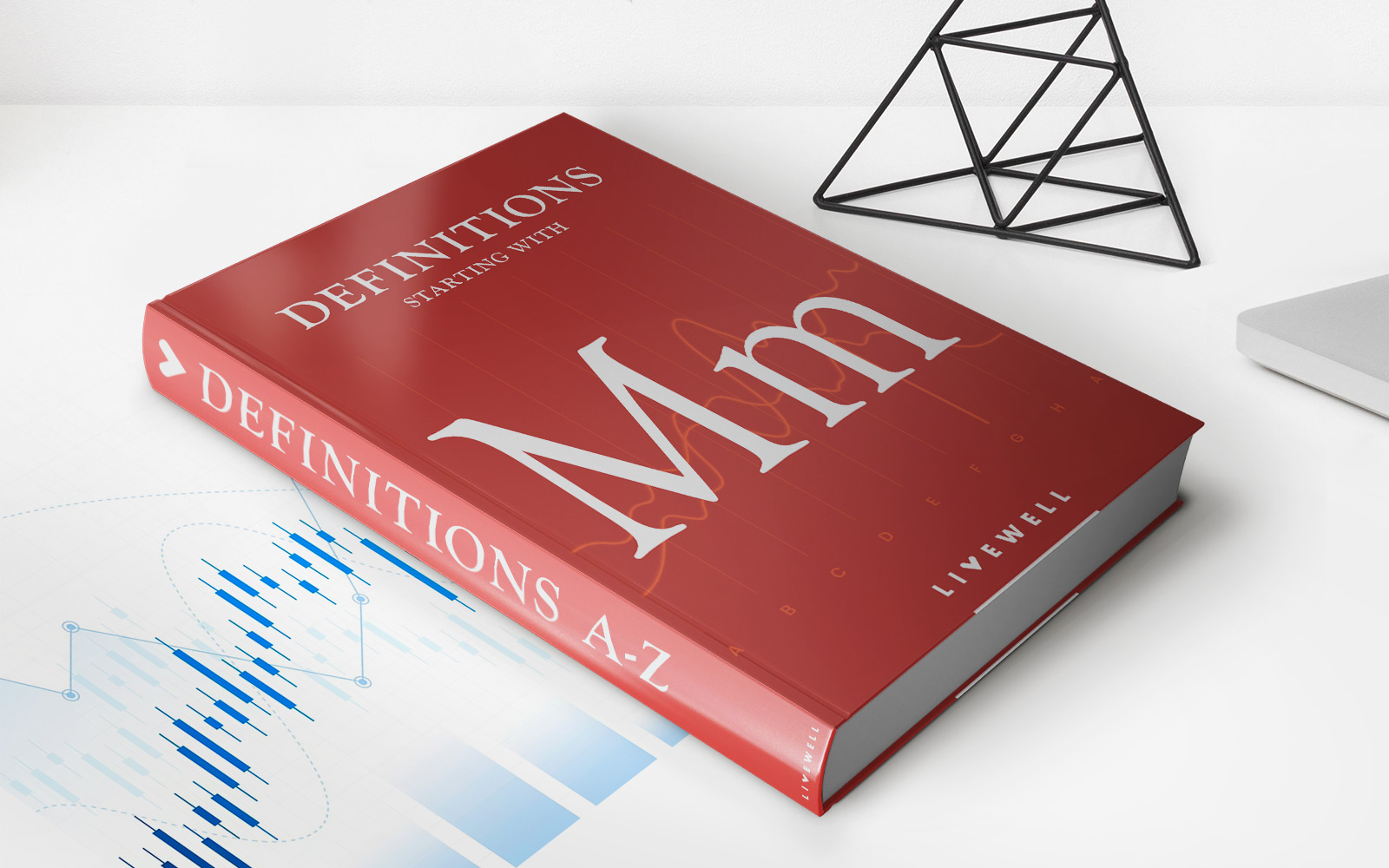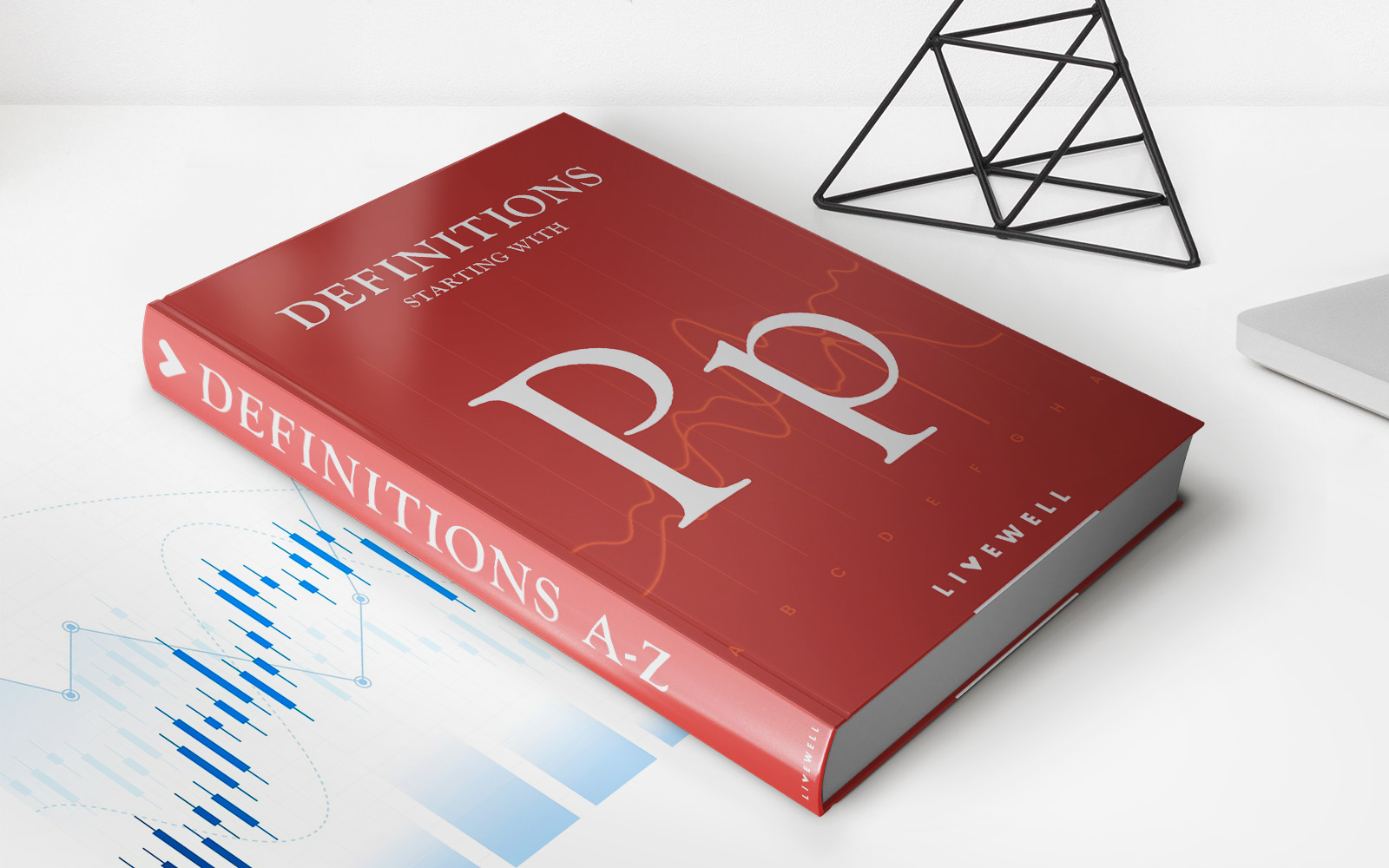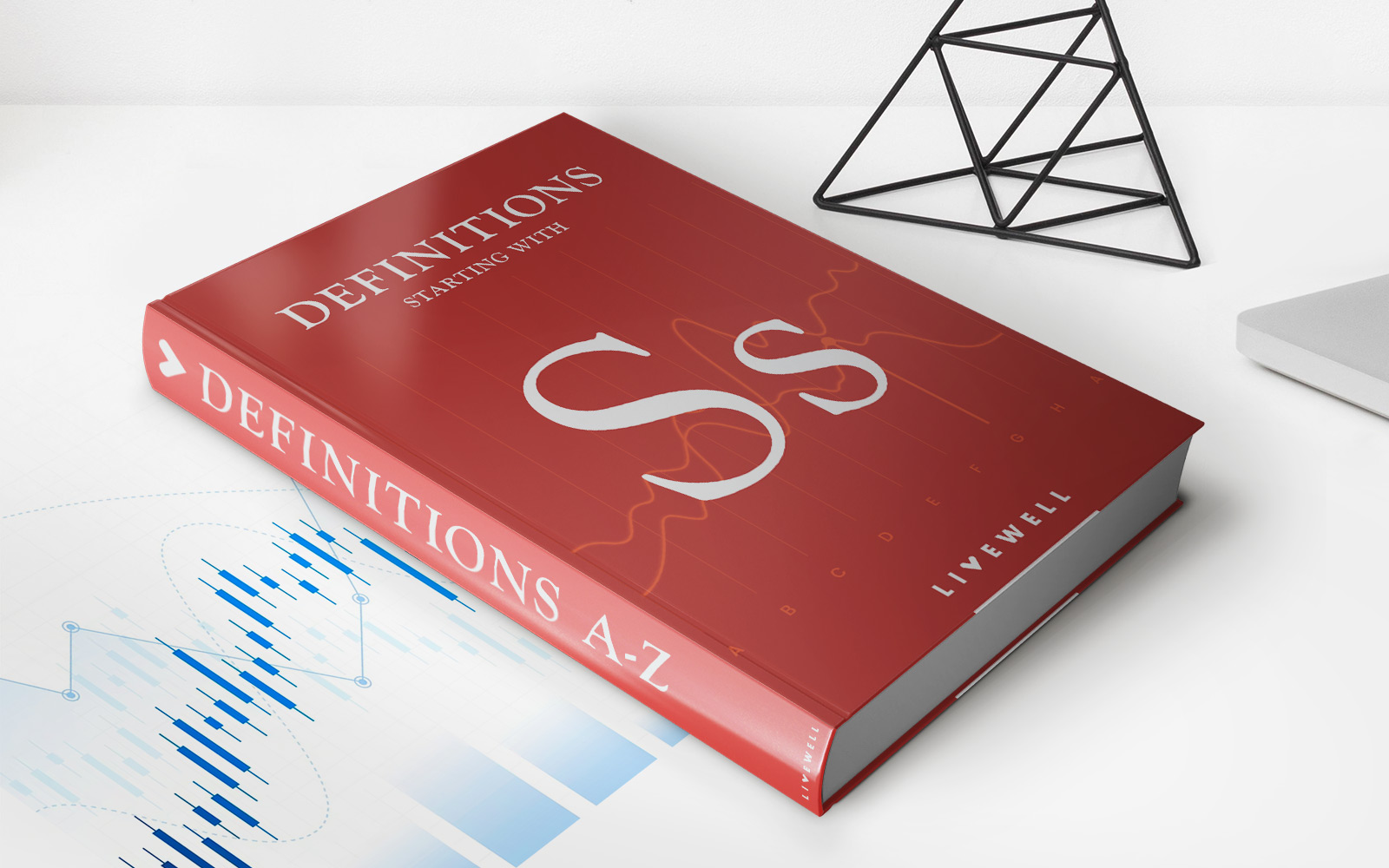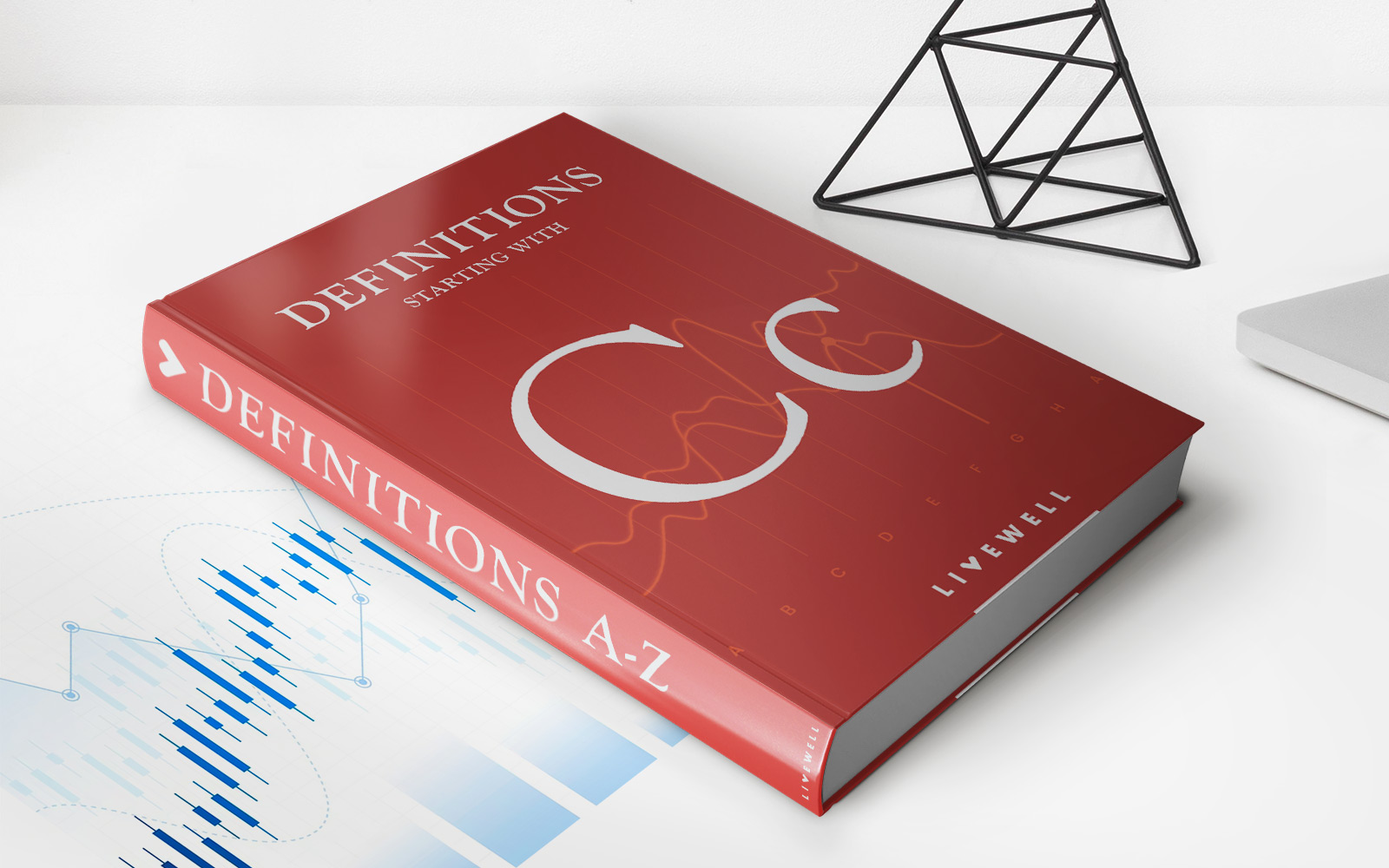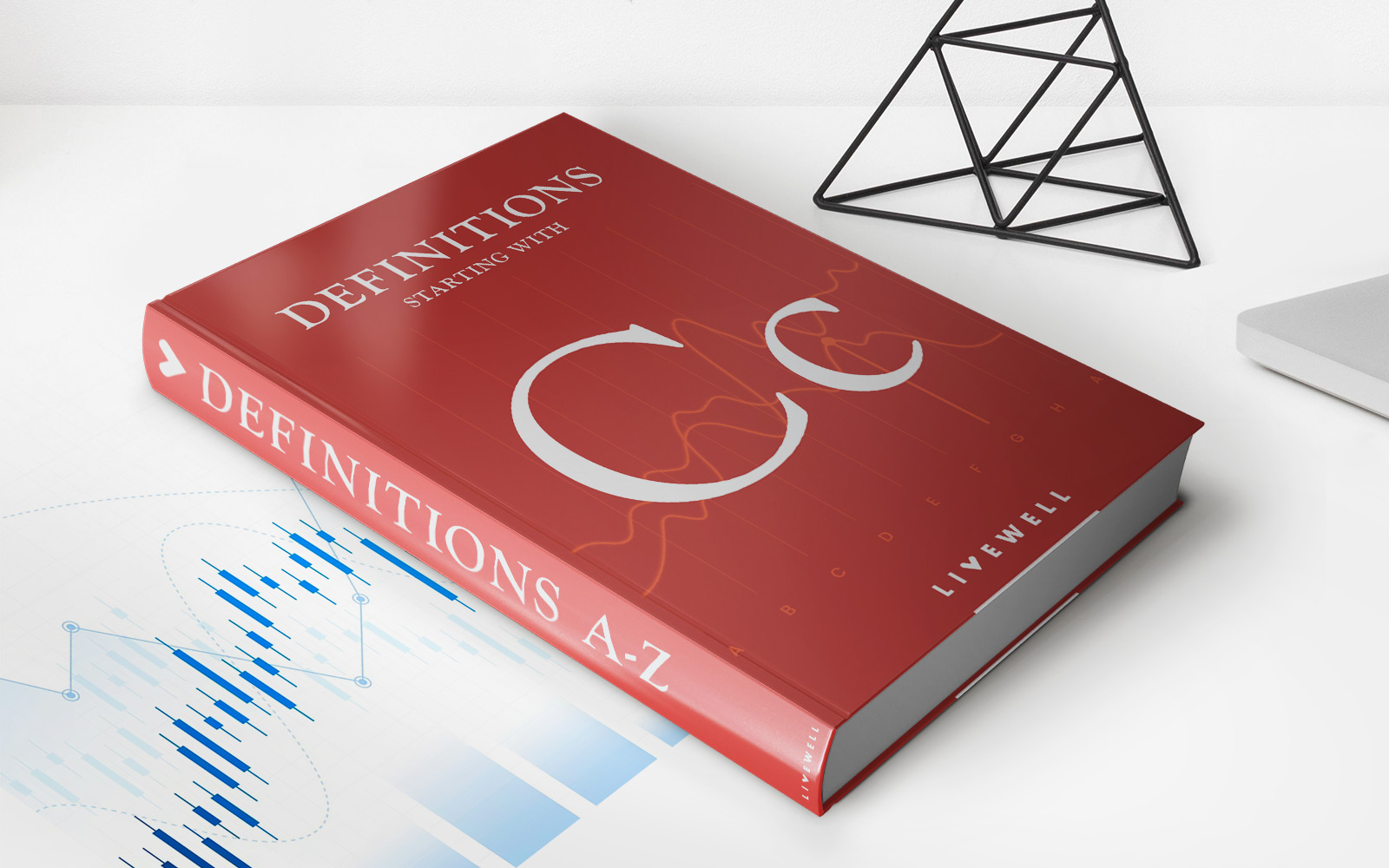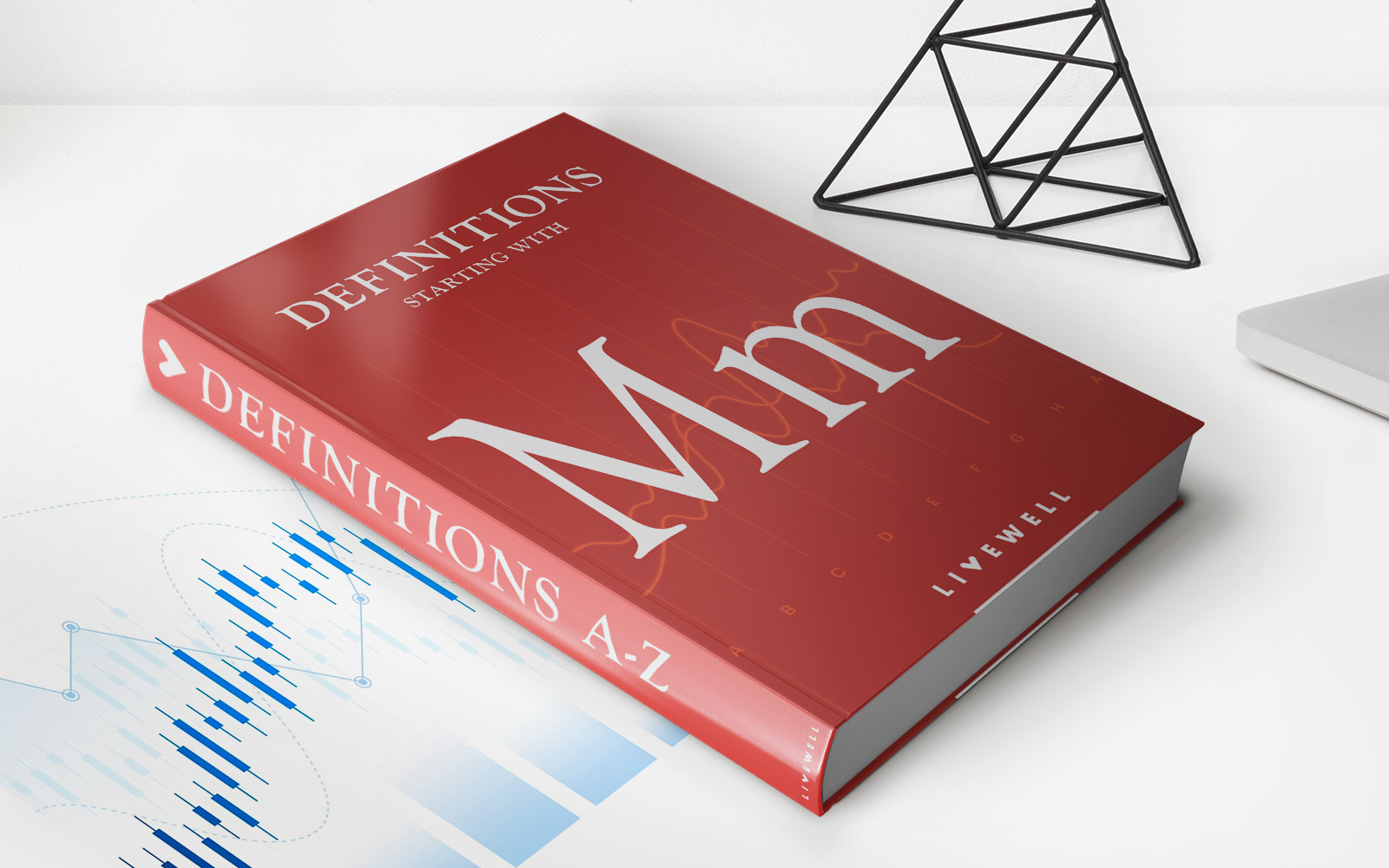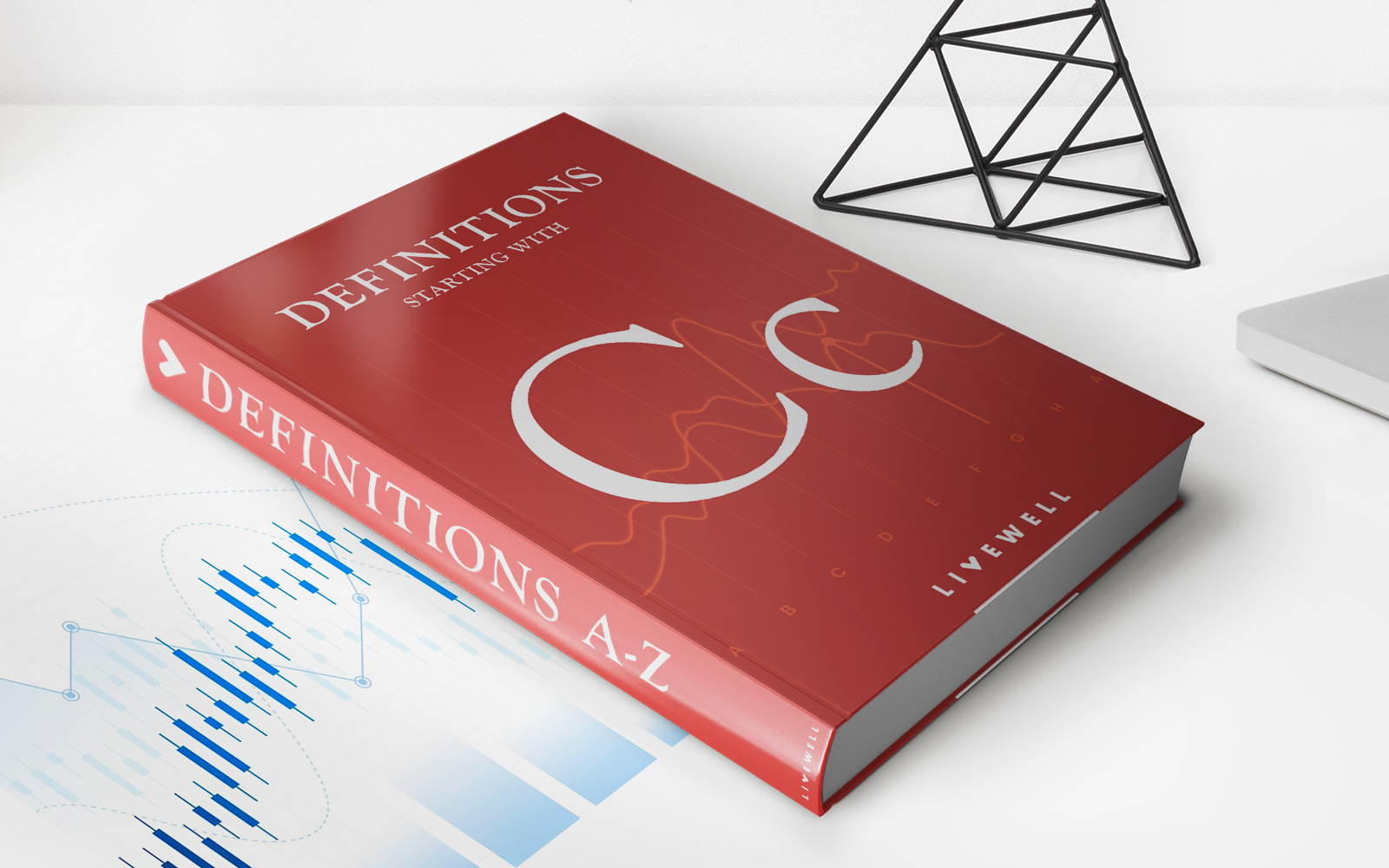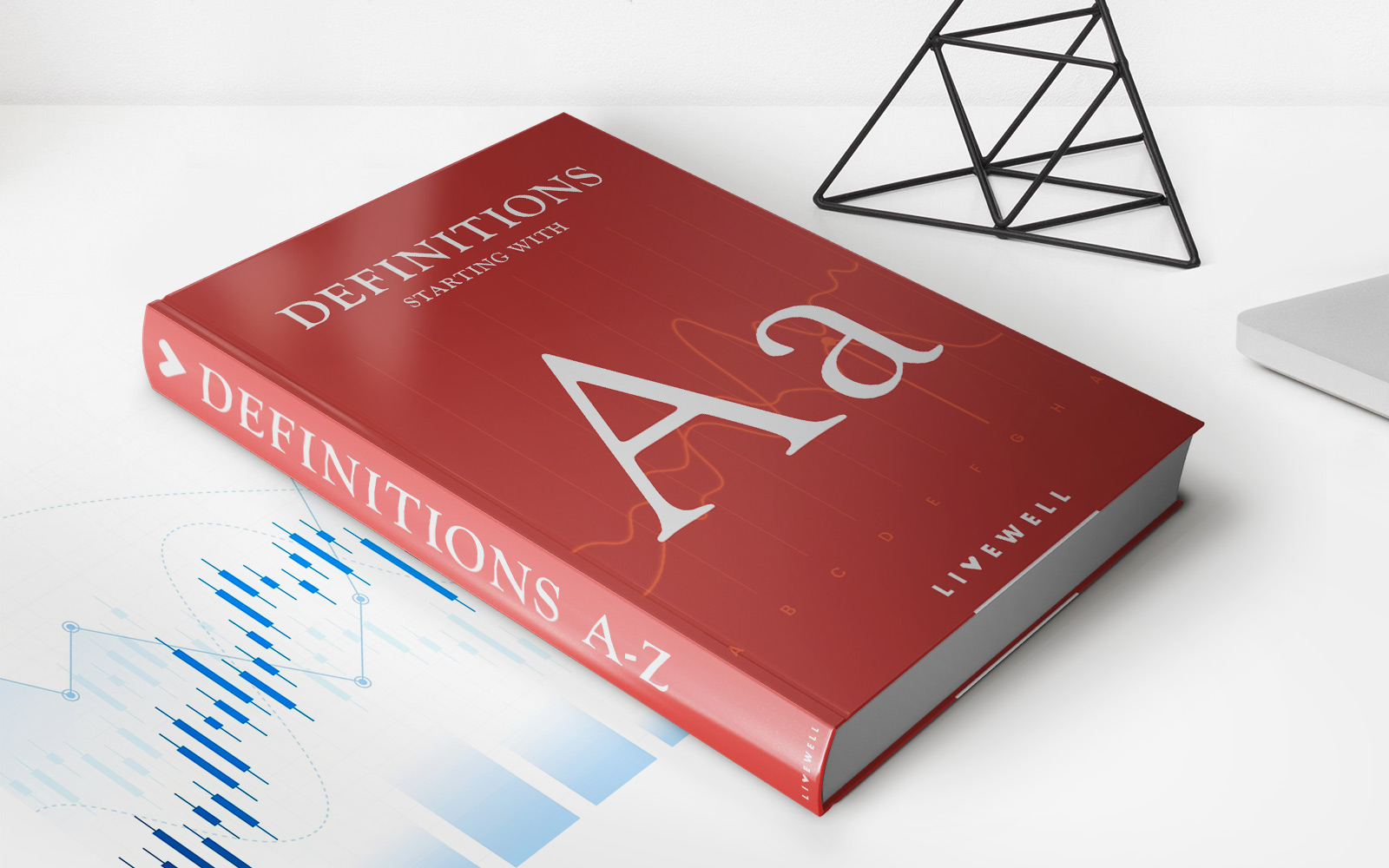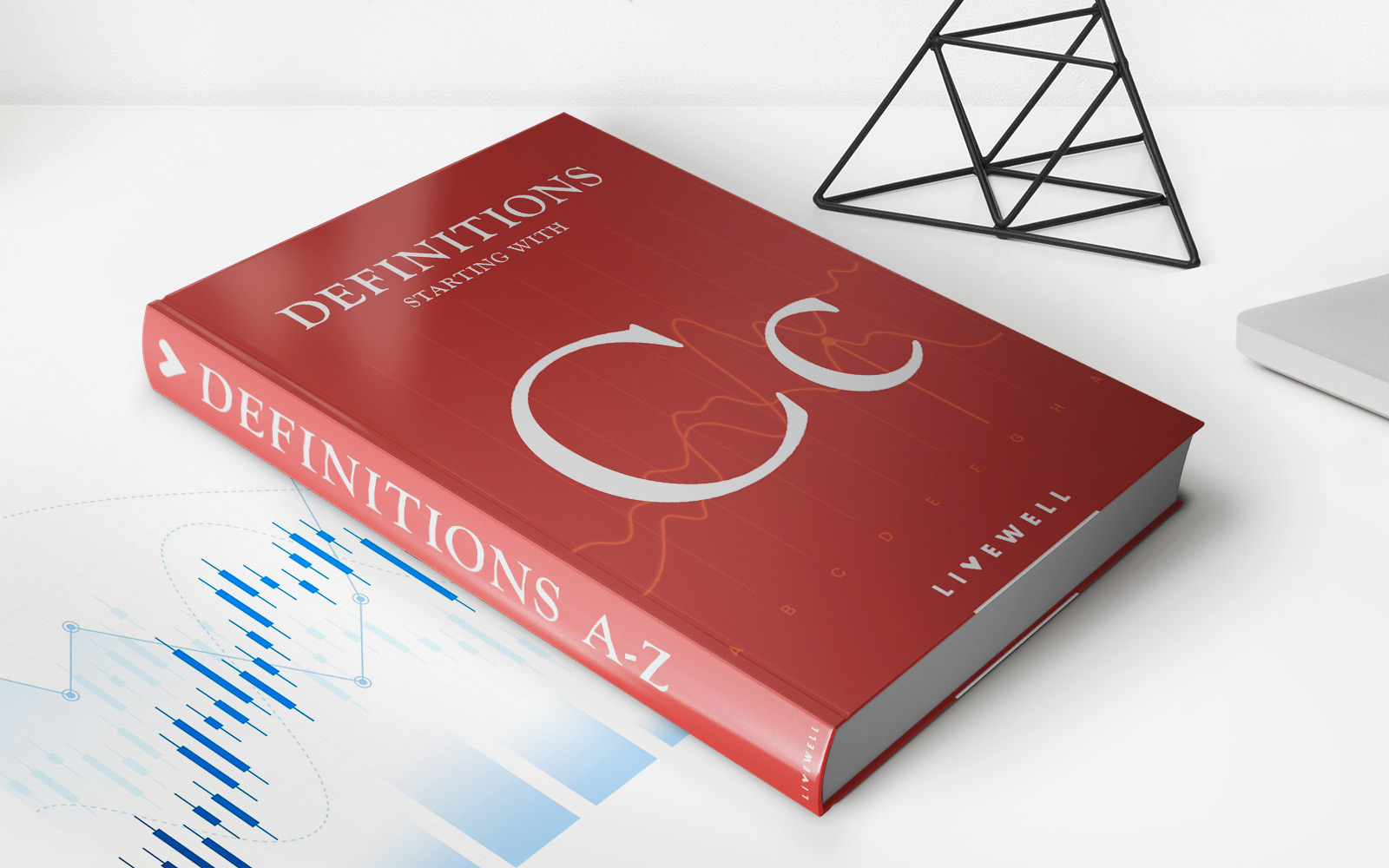Home>Finance>Conversion Price: Definition And Calculation Formula
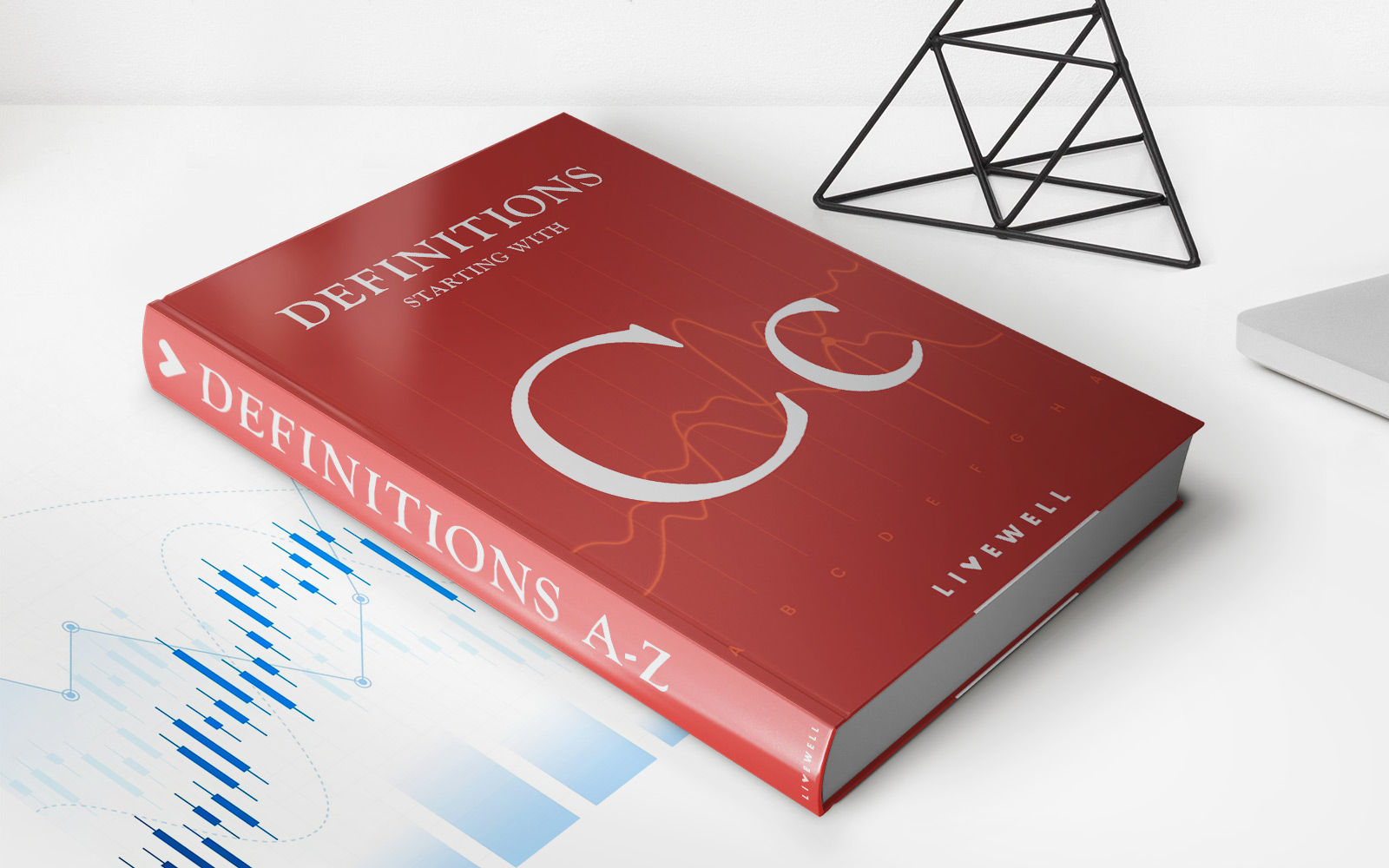

Finance
Conversion Price: Definition And Calculation Formula
Published: November 2, 2023
Discover what conversion price means in finance and learn the calculation formula. Enhance your financial knowledge and understanding with our comprehensive guide.
(Many of the links in this article redirect to a specific reviewed product. Your purchase of these products through affiliate links helps to generate commission for LiveWell, at no extra cost. Learn more)
Conversion Price: Definition and Calculation Formula
If you’re delving into the world of finance, you might come across a term called “conversion price.” But what exactly does it mean, and how is it calculated? In this blog post, we’ll explore the definition of conversion price and provide you with a simple calculation formula.
Key Takeaways:
- The conversion price is the price at which a convertible security can be converted into common stock.
- It is an important term to understand for investors and companies issuing convertible securities.
So, what exactly is the conversion price? In simple terms, the conversion price is the price at which a convertible security can be converted into common stock. Convertible securities, such as convertible bonds or preferred stock, give the holder the option to convert them into a predetermined number of common shares at a specific price.
Calculating the conversion price is relatively straightforward. The formula for conversion price is:
Conversion Price = Par Value of Convertible Security / Conversion Ratio
Let’s break down the formula to better understand each component:
- Par Value of Convertible Security: This refers to the face value or nominal value of the convertible security. It is the predetermined value at which the security will be redeemed at maturity.
- Conversion Ratio: The conversion ratio specifies the number of common shares that can be obtained by converting one unit of the convertible security. It is typically expressed as a ratio (e.g., 1:1, 5:1, etc.).
Once you have the par value of the convertible security and the conversion ratio, you can apply the formula to calculate the conversion price.
Understanding and calculating the conversion price is crucial for both investors and companies issuing convertible securities. Investors need to evaluate the conversion price to determine the potential profitability of converting the securities into common stock. On the other hand, companies issuing convertible securities must carefully consider the conversion price to avoid excessive dilution of their existing shareholders.
In conclusion, the conversion price is the price at which a convertible security can be converted into common stock. To calculate the conversion price, you need the par value of the convertible security and the conversion ratio. Understanding this concept is essential for investors and companies dealing with convertible securities. By grasping the calculation formula, you can make informed financial decisions.

